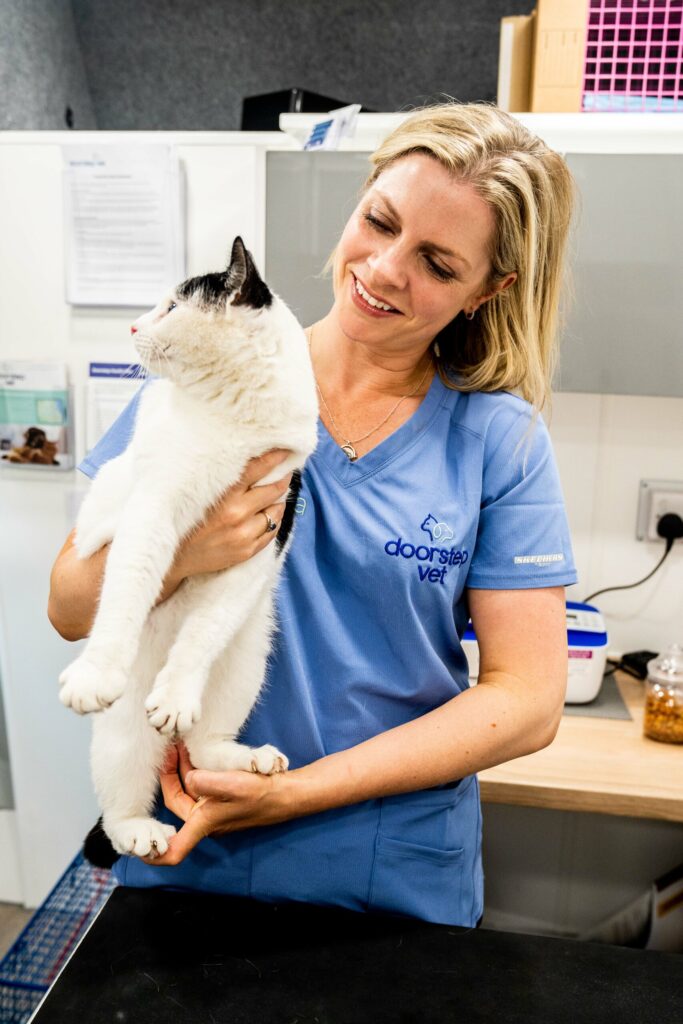- Feel Good
- 20th Aug 2022
- 1,051 Views
- 0
- 1 minutes
Meet Doorstep Vet – the mobile veterinary practice that comes straight to your door

Bringing a stress-free, convenient and personal service to your doorstep, it’s a no-brainer why this mobile vet is proving a hit here in the North East. We caught up with founder Joanna Melville to find out more…










Comments